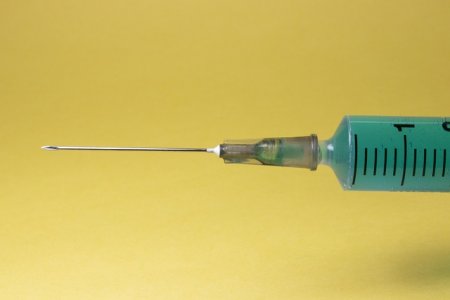
Image by HeungSoon from Pixabay
Nigeria has launched a significant health initiative by starting Africa's most extensive vaccination campaign for human papillomavirus (HPV), as reported by EL PAÍS. This campaign is a milestone in the battle against cervical cancer, which claims the lives of approximately 8,000 Nigerian women each year.
The Nigerian government, with the backing of international health bodies, has set an ambitious target to immunize 7.7 million girls and adolescents against HPV, the pathogen responsible for the majority of cervical cancer cases. This effort marks a significant milestone for Nigeria and the global health community, as it represents the most significant single-round HPV vaccination attempt on the African continent.
The urgency of this campaign is underscored by the harrowing stories of women like Ruth Ebi, whose battle with cervical cancer ended in despair and death, primarily due to late detection and inaccessible treatment options. The introduction of the vaccine into Nigeria's routine immunization program aims to alter this narrative by offering protection against the strains of HPV most commonly linked to cervical cancer.
The initiative, which began on October 24, is spearheaded by the Federal Ministry of Health in collaboration with Gavi, the Vaccine Alliance, UNICEF, and the World Health Organization (WHO). The first phase targets over 7.1 million girls in 16 states, with the campaign set to expand nationwide by January 2024.
This vaccination drive is crucial for Nigerian families and is a critical model for worldwide public health interventions. It demonstrates a concerted effort to address health disparities and prevent a common and preventable disease. By safeguarding future generations, Nigeria is taking a definitive step towards reducing the global burden of cervical cancer, offering a blueprint for other nations to follow.
As the world watches, Nigeria's campaign against HPV is a testament to the power of collective action in public health and a reminder of the importance of early intervention in combating life-threatening diseases.




